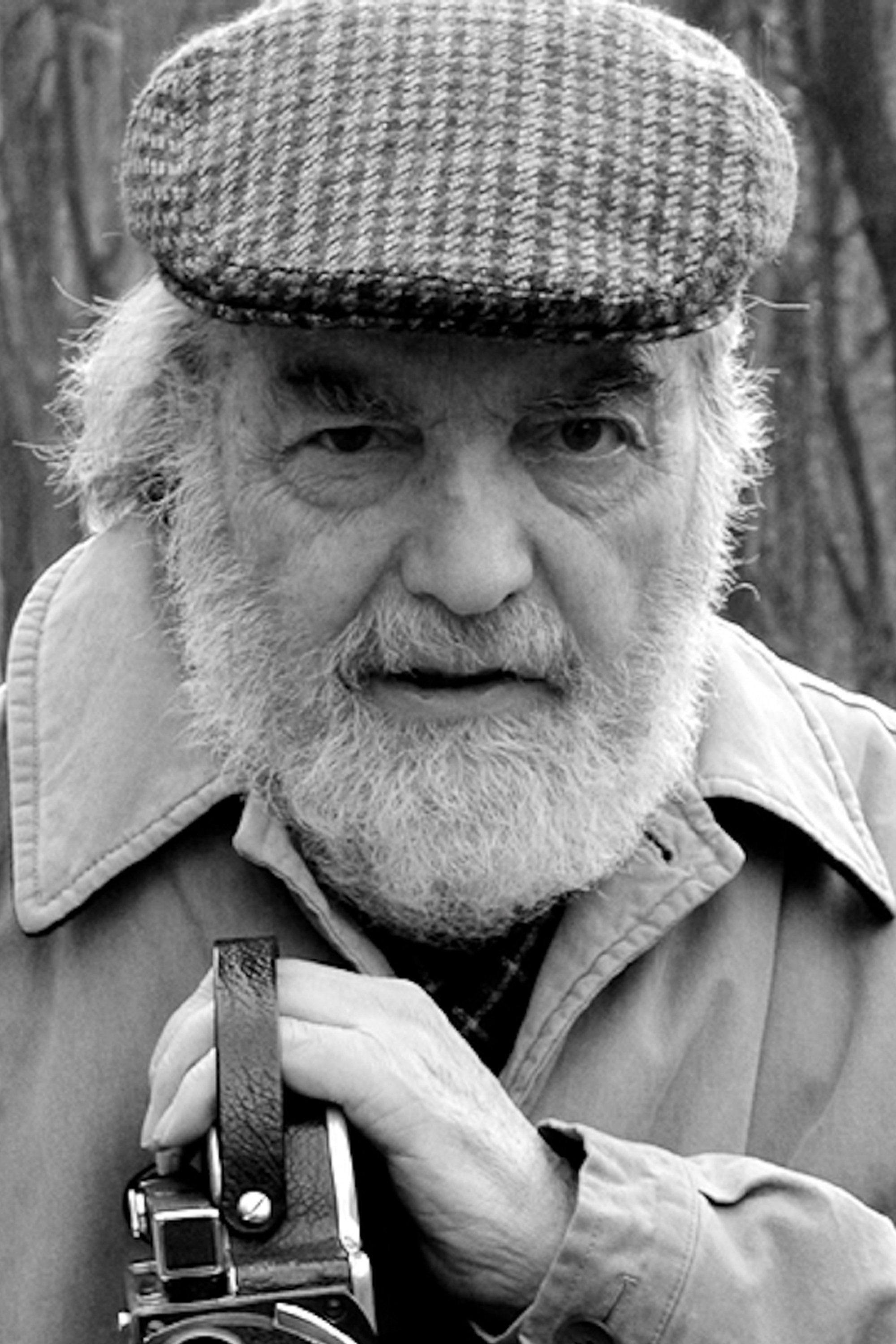
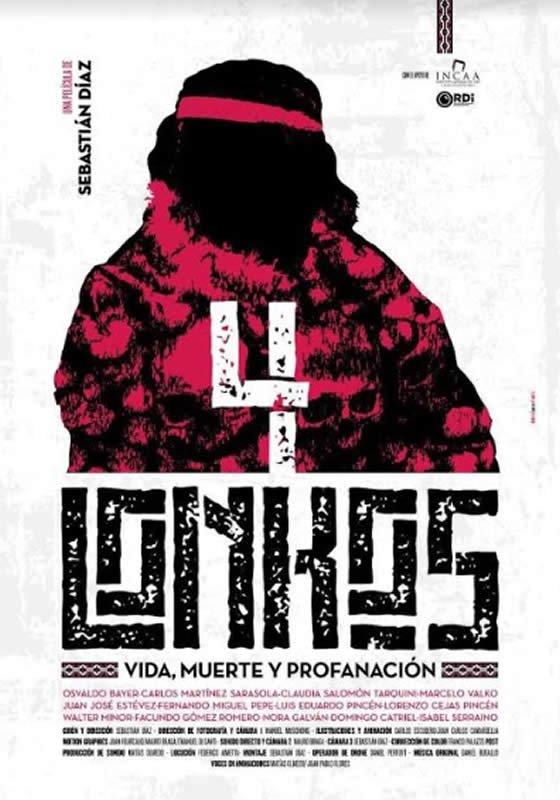
Documentary that tells the life, death and desecration of the mortal remains of three great chiefs of the pampas and Patagonia: Mariano Rosas, Cipriano Catriel and Juan Calfucurá, who after the bloody Desert Campaign, were desecrated in the name of science (whose skulls ended up swelling the collections of Argentine anthropological museums) and a fourth lonko or cacique, the irreducible Vicente Pincén, who once stopped by Colonel Villegas, could only be captured on four famous photographic plates.
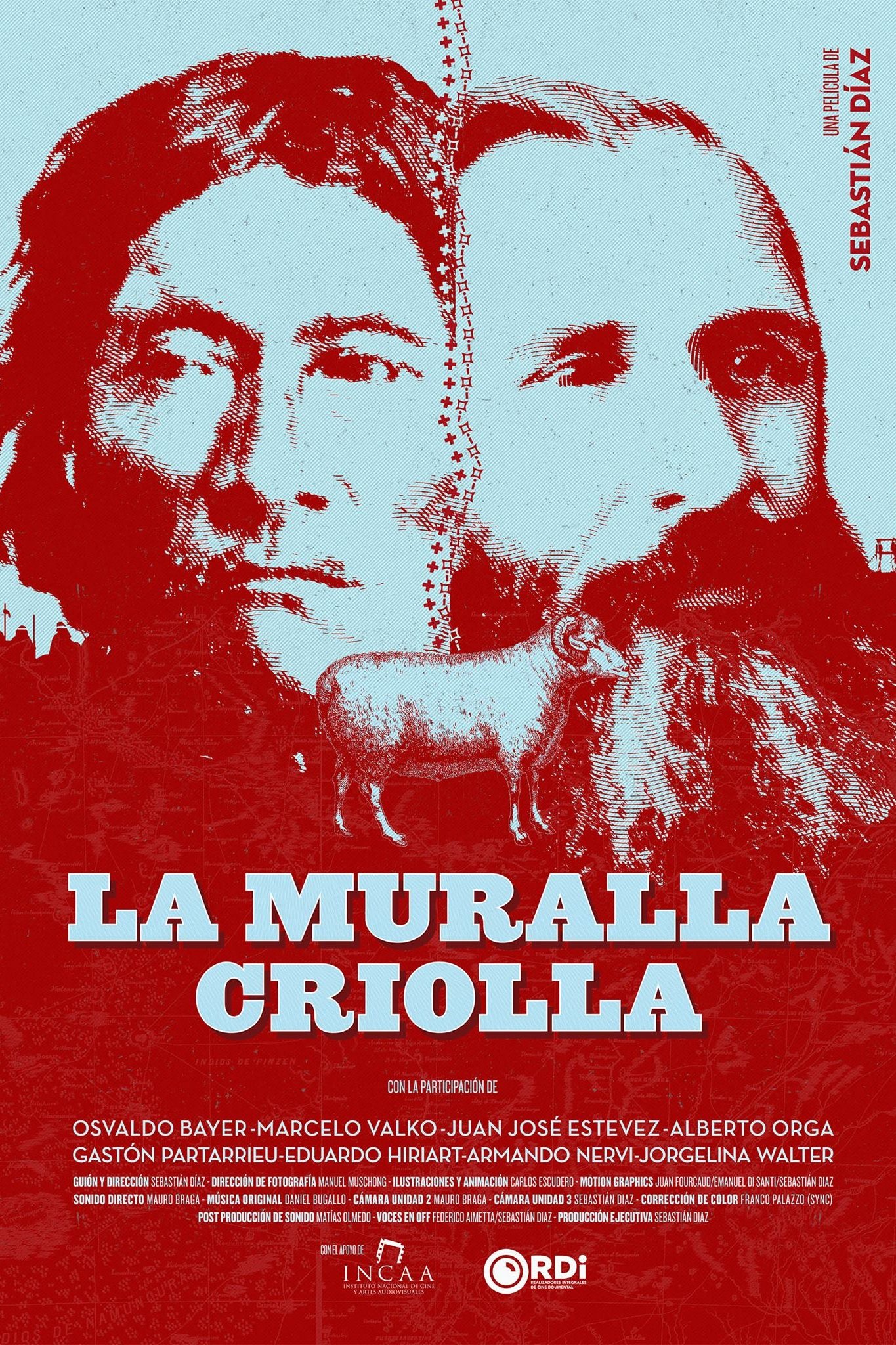
Documentary film about the "zanja de Alsina", a long trench dug in the Argentinian Pampa in 1876 as way to separate the "civilized" from the "barbarians" during the massacre of indigenous peoples known as "campaña del desierto".
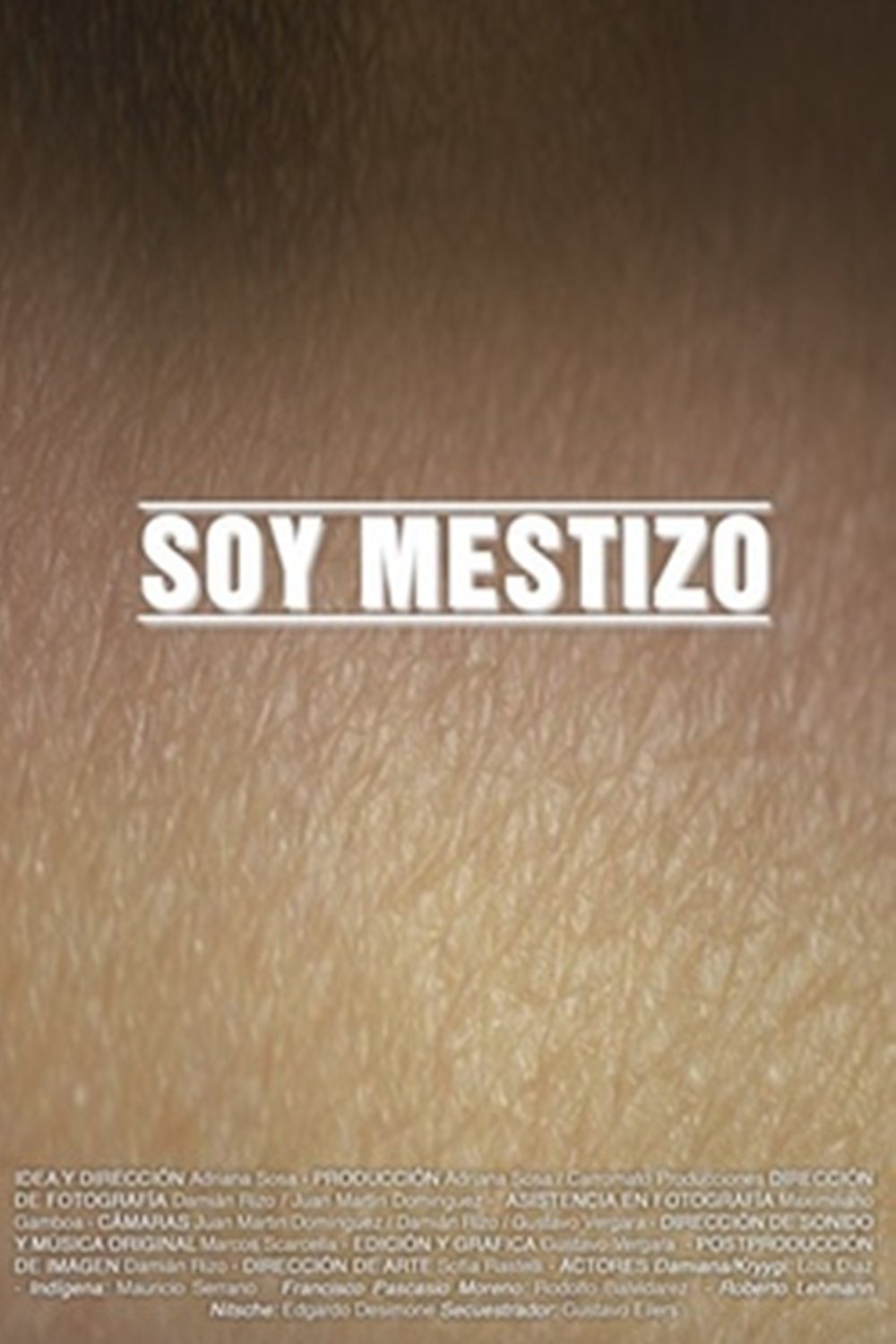
The natural sciences museum of La Plata, Argentina, had indigenous people held captive as study objects in the past, and their skeletons were on exhibit for many decades. The story of Krygi, served as a trigger to look back at the ideologies that defined us as individuals and as a people.
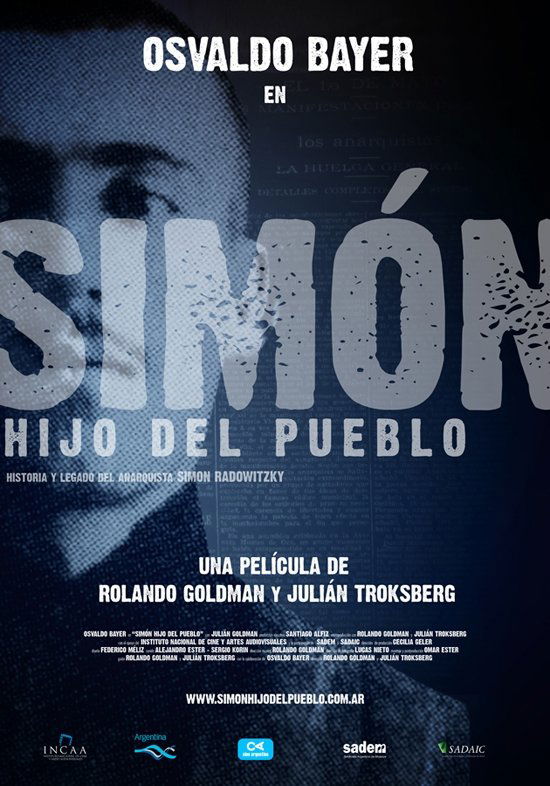
The story of the mythical anarchist begins to weave on May 1, 1909, when the police repress a massive anarchist march in Buenos Aires, leaving dead and wounded. A few months later, the carriage of Ramón Falcón, the police chief who commanded the repression, explodes and flies through the air. For the attack, a young Ukrainian is arrested: Simón Radowitzky.
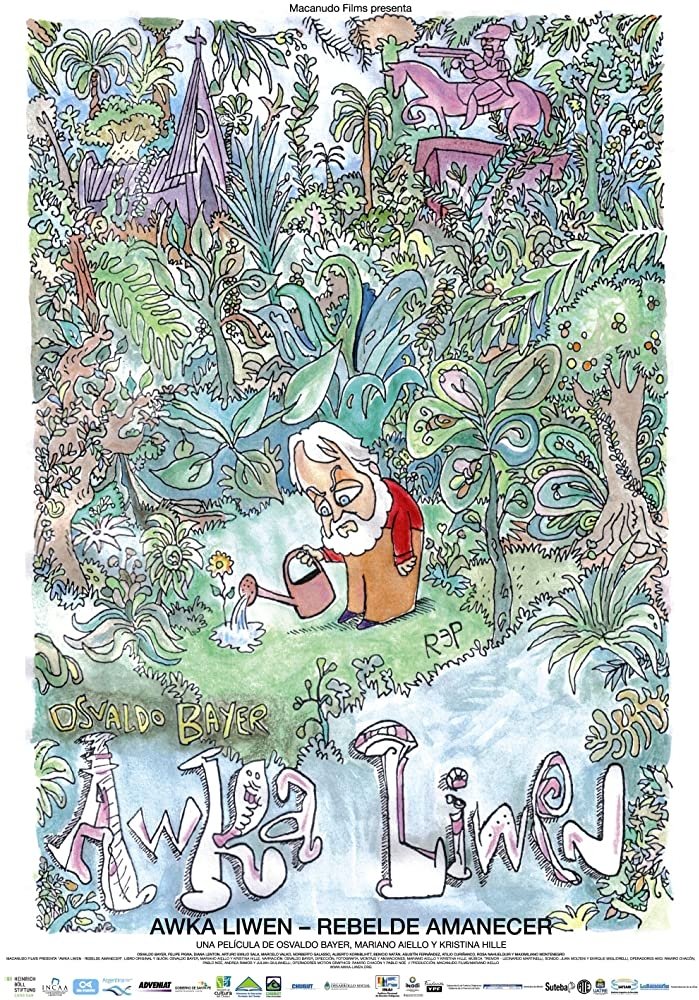
This documentary exposes the untold story about the killing of native Southamerican people in Argentina in the late XIX century, with the aim of taking their lands for economical and political purposes.
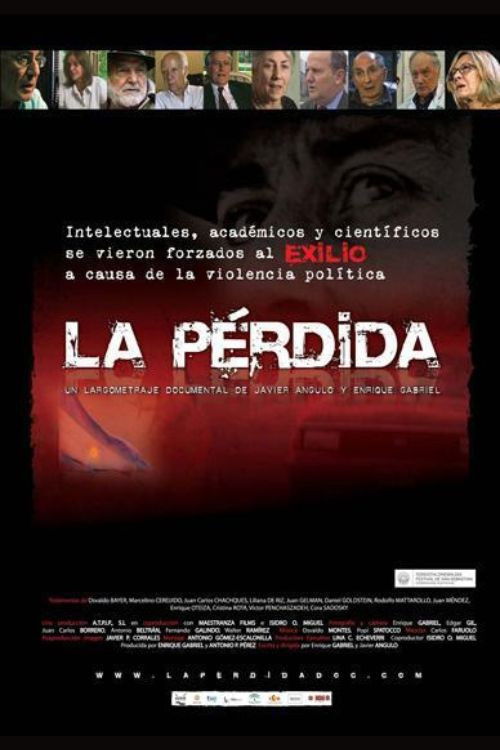
A reflection on the exile of an entire intellectual, scientific and academic elite that was forced to flee Argentina due to the political violence of the sixties and seventies.
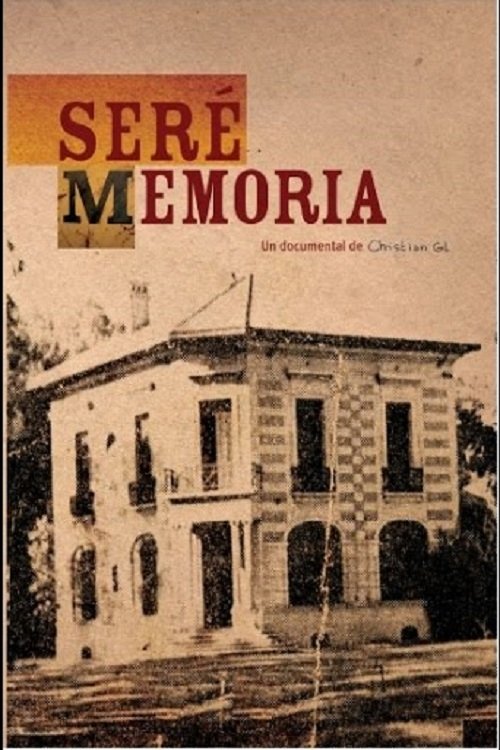
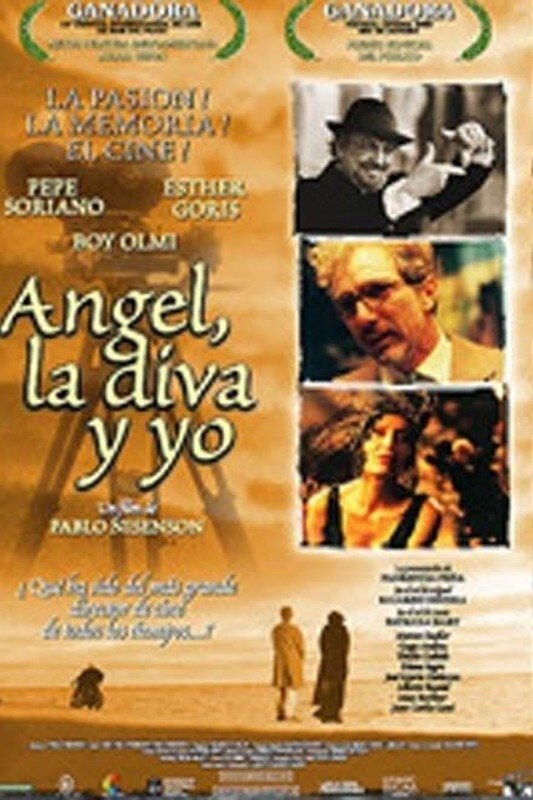
Buenos Aires at the end of the millennium a young filmmaker hopeless about their future decides to film his last act.

A fragmented biography, inconclusive, partial, of the brilliant Argentinian writer Jorge Luis Borges, based on different testimonies: his links with Leonor de Acedevo —his mother— and María Kodama —his second wife—; his vast culture and devout dedication to literature, his and that of others; his country: the politicians and the disloyal military. Borges gradually builds his own impersonation of Borges.
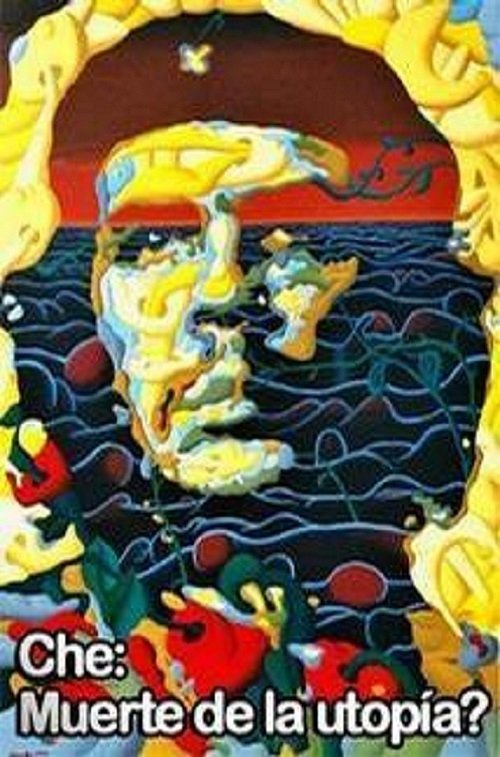
What does Che Guevara"s mythic presence represent to people at the turn of the century, and how do people define their concept of utopia?
By browsing this website, you accept our cookies policy.